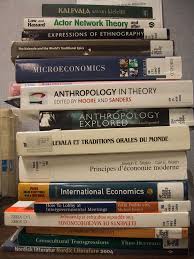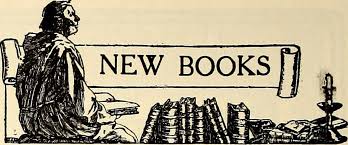
Dissertations and journal articles present valuable new research to a relatively small audience of readers. The jargon-filled, technical writing normally found in dissertations and journal articles speaks clearly to your dissertation committee and those in your research niche. But monographs and scholarly books take their arguments and research to larger audiences as demanded by university presses and publishers. All the phrasing and terminology that communicate clearly with colleagues in your niche have to be discarded; you have to figure out how to communicate those same data, concepts, and arguments to readers who could be new to your field.
But that is just one path taken to that first monograph or scholarly book. Maybe you want to turn a chapter or a few chapters of your dissertation into a monograph. Maybe you want to start from scratch on an entirely new research project. No matter what role your previous research and writing plays, hiring an editor early on is recommended for their experience with the workings of academic publishing. University presses and publishers of scholarly works reject ninety-five percent of all book manuscripts they receive. And because professional editors always place themselves in the position of the intelligent, well-educated reader, their objectivity guarantees the project will speak to a larger audience and attract more sales—key considerations for publishers. For these reasons, their input on the planning and execution of a monograph or scholarly book is absolutely vital.

The most effective starting point of the writer-editor relationship then is at the beginning stages—I have a few discussions with you about the project, we draw up a possible plan, and you write a tentative outline. Then I write a manuscript assessment. From this point, the flow of work and collaboration can follow a myriad of paths, but usually involves all levels of editing starting with developmental editing of chapters and sections. It’s a months-, sometimes years-long process that benefits from a close, productive relationship between writer and editor, something I work hard at to build. I guarantee that the finished manuscript will be in the best possible shape to present to publishers.

If you are thinking of writing a monograph, contact me so we can discuss the project. It’s free! If you decide to work with me, I promise to stay out of your way as much as possible. I see my role as a writing coach, guiding and supporting you down a winding road filled with ups and downs—dead-ends, detours, and unexpected successes.
